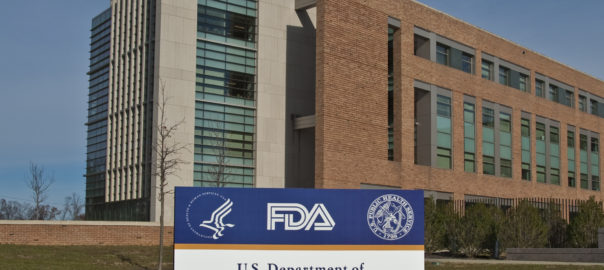Is the FDA Doing Its Job in Regulating Cell-Based Therapies?

Stem cell tourism has been in the news lately with horrifying stories of treatments gone wrong. But according to a report published in Cell Stem Cell, Americans don’t need to travel thousands of miles for experimental treatments. There are more than 500 clinics offering completely illegal, often ineffective, and potentially fatal stem cell treatments in the United States. The proliferation of clinics offering unproven therapies for everything from arthritis to Alzheimer’s and baldness to blindness is a worrying trend.
Who regulates stem cell therapies in the United States?
The U.S. Food and Drug Administration (FDA) is responsible for regulating the use of tissues and cells for treatment of diseases in humans. Stem cells are considered medical products that are developed to prevent, treat, or cure diseases. Before any stem cell therapy can be marketed and offered to the public, it requires FDA approval. The FDA website claims that currently no stem cell-based products have been approved other than umbilical cord-derived hematopoietic progenitor cells (stem cells that go on to form blood) for the treatment of certain specific conditions.
The report published in Cell Stem Cell, however, reveals that stem cell treatments are available on American soil. The study authors, bioethicist Leigh Turner of the University of Minnesota and stem cell researcher Paul Knoepfler of UC Davis, question whether the FDA is doing its job in regulating cell-based therapies.
What did the study reveal?
The New England Journal of Medicine recently reported the case of a man who received stem cell treatments in several different countries, only to find he had a strange and rapidly growing mass in his lower spine, leaving him paralyzed. The dangers of stem cell tourism are well documented.
The study has revealed the problem is closer to home than previously imagined. More than 500 clinics throughout the United States are offering renegade treatments that are not only ineffective, but also potentially dangerous. Tens of thousands of Americans are putting their lives at risk by undergoing unregulated cell-based procedures each year. It’s not one or two shady operators, but hundreds, indicating a monumental breakdown in regulatory control.
What do the regulations prohibit?
FDA regulations are specific about the types of cell-based therapies that require prior approval. One category that is undoubtedly restricted is non-homologous transplantation (where cells from one tissue are injected into an unrelated organ). For instance, using stem cells derived from a patient’s abdominal fat tissue and transplanting them into the brain as a treatment for Alzheimer’s is not permitted. Yet, illegal clinics are doing exactly this.
How does the procedure work?
Fat stem cells are popular because the procedure is relatively easy. The doctor obtains fat tissue from the patient’s abdomen through liposuction, liquefies it with enzymes, puts it through a centrifuge machine, and re-injects it at another site in the patient’s body. Doctors performing these procedures don’t believe they are doing anything illegal because they’re using tissues from the patient’s own body. Orthopedics is a particularly favored specialty of these illegal practitioners. Of the 570 identified, more than 300 businesses were found to be offering orthopedic therapies. Patients suffering from terminal illnesses such as Alzheimer’s are also vulnerable as they are more likely to seek miracle treatments.
What needs to be done?
This is a wake-up call. The FDA should take steps to enforce regulations more strictly. The study authors hope that their report will turn the spotlight on this problem and address the disconnect that is currently present between the unregulated stem cell industry and FDA regulations.
References:
- https://www.technologyreview.com/s/601785/clinics-offering-unproven-stem-cell-therapies-are-proliferating-across-the-us/
- http://www.fda.gov/AboutFDA/Transparency/Basics/ucm194655.htm


